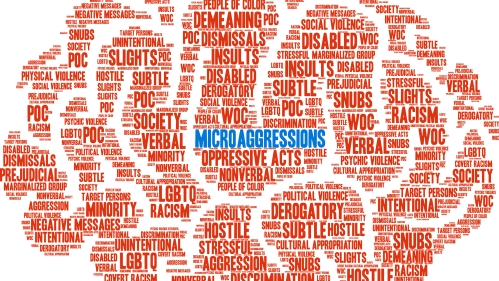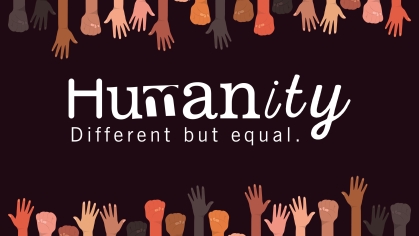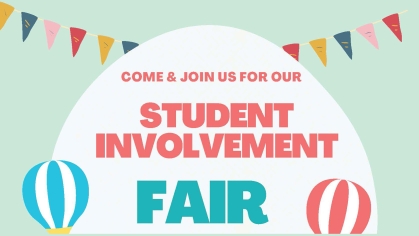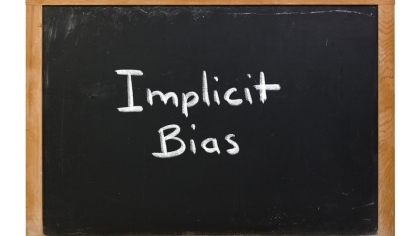During conversations with students and staff, the topic of “microaggressions” has come up frequently. The term was first proposed by psychiatrist Chester M. Pierce, MD, in the 1970s and refers to the everyday, subtle, intentional — and oftentimes unintentional — interactions or behaviors that communicate some sort of bias toward historically marginalized groups. Some people think microaggressions are harmless because they are “micro,” but people with marginalized identities are often the target of multiple microaggressions daily. Consider the difference between having one paper cut (small, but painful), and having many (all still small, but combined, are much more painful). Then, before the cuts from the previous day have healed, being subjected to many more paper cuts – day after day after day. Consider whether you have ever (intentionally or unintentionally) committed a microaggression. Have you seen someone else commit a microaggression? If so, how did you react? How did the people causing harm and being harmed react? From a professional perspective, how can committing microaggressions hinder your relationships with clients or coworkers? How can you raise awareness when you see someone else commit a microaggression? Whether they are intentional or unintentional, they are harmful. We all have a role to play in raising awareness of microaggressions and working toward eliminating them. What role will you play?



